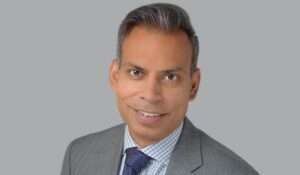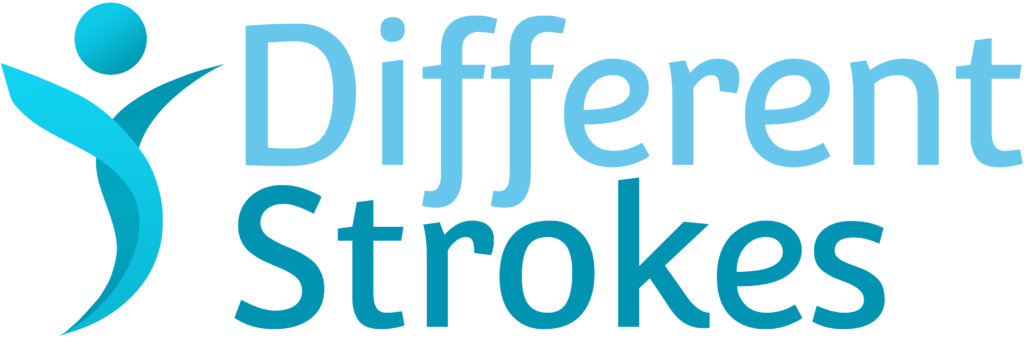
Burag’s Story – Transient Ischaemic Attack (TIA) or ‘mini stroke’ at 26
- Greg Hollingworth

 I had my transient ischaemic attack (TIA or ‘mini-stroke’) in 2018, when I was 26. Then, I was finishing a masters in the summer 2018 in Sweden (my parents are from Istanbul, Turkey) and was living with friends in a shared flat. It was during a long and stressful time when I finished writing my masters thesis. I remember it was a passive and unhealthy period in my life; recently broke up, alone abroad, terrible eating and smoking habits….. I didn’t care much about my lifestyle because I was still young and at that time I had convinced myself that this was transient and I would get back to eating healthy, exercising and be ‘outdoorsy’ again very soon.
I had my transient ischaemic attack (TIA or ‘mini-stroke’) in 2018, when I was 26. Then, I was finishing a masters in the summer 2018 in Sweden (my parents are from Istanbul, Turkey) and was living with friends in a shared flat. It was during a long and stressful time when I finished writing my masters thesis. I remember it was a passive and unhealthy period in my life; recently broke up, alone abroad, terrible eating and smoking habits….. I didn’t care much about my lifestyle because I was still young and at that time I had convinced myself that this was transient and I would get back to eating healthy, exercising and be ‘outdoorsy’ again very soon.
It was late afternoon on a Wednesday (I have the details of the date/time thanks to an event on that day published on social media that I was going to) and I was planning to go to a ping pong pub with a friend later in the evening. Still having a lot of time before I had to leave, I sat down and got to playing the harmonica. It wasn’t long before I had a bad headache that got worse with time. I rarely have headaches, so I couldn’t compare it to anything, or make anything of it, but it was bad. Shortly after, I had a black dot in front of one of my eyes (cannot remember which one and silly me carried on playing the harmonica). The black dot gradually grew and I almost lost sight in one of my eyes. That is when I wanted to lie down for a while because my headache was getting out of control. I remember lying down briefly, but I couldn’t sleep because of the headache and anxiety. I had no clue what the reason for that would be but I blamed playing the harmonica because I would often go out of breath from constantly blowing.
Later in the evening, I indeed went to the pub with my friend. She says I was strange that night and I didn’t really talk much. I remember being very confused and so tired that evening, I couldn’t play ping pong or anything and wanted my friend to take me back home. I also remember losing my sense of place and a lot of confusion. I was perplexed that night and don’t remember much about it. I didn’t speak with anyone and went to bed straight away. My headache was still there but I was so tired that somehow I could sleep.
Luckily enough, my memory of the next morning is crystal clear. I woke up very early with a terrible headache. My sight was partially back but the confusion was still there, and now with a slight balance issue. Later I learned from my friend that my balance was also terrible the night before, which I don’t remember, as she tells me I was stumbling and doing ‘zig-zags’ on the way home. She thought I was drunk! Anyway, the next morning I wanted to shake it off (whatever it was), changed to my exercise outfit and headed for an outdoor boulder in the middle of a public park for an early morning exercise. That was the only exercise I was doing back then hence I was determined to go. It was a five minute distance from home, but on the way to the park, I realised that I remembered so little from the night before that I wanted to check my phone for missed calls and messages and the news. I was already in the park when I realised I couldn’t neither read my messages nor the news or even anything on my phone screen. I could see letters and words, and I knew it had to make sense, but my brain couldn’t process. That is when I realised something was seriously wrong.
I wanted to call my dad and let him know about it, and that they should check in with me during the rest of the day. I remember suddenly becoming really nervous; I feared for my life, I was afraid whatever this was would stay with me forever. Before I called my dad, I wanted to practice what I would possibly say without them getting too worried. Actually, I also wanted to practice what I would say without crying because I was so nervous and me crying would also worry them a lot. They are not used to it. That is when I realised I could not speak properly neither. I am so pig-headed, I still did a brief round of bouldering before calling it off (couldn’t manage it anyway), and got back home with wet eyes without ringing my parents. My headache was back when I returned and I slept the entirety of that the following day in my room, only to wake up for food and to go to the toilet. On Friday (two days after the stroke), I only had mild balance issues and some fatigue as I remember, but my reading and speaking abilities seemed back to normal, which calmed me down.
Until this year (2022) I have never said anything about it to my parents. When I had the stroke in 2018, I did not go to the hospital right away (I was so careless and I had no conception of a stroke without a reason). A couple of weeks after the event, a friend with medical training told me during a conversation that it all suggested a stroke and all would all be part of that. Thinking back now, it was a life-changing experience from the moment on; the fear, the desperation… I am only lucky, that’s all, it could be much worse. I am angry at my former self because of my carelessness and ignorance. I had no clue that a young person like me could have a stroke – and all of a sudden.
With the recovery being quick, and the fact that I wasn’t immediately hospitalised, nor had any after effects, at first I didn’t care much. Only now do I realise it could be much worse and seeking medical care immediately was key. I know it can also happen again. Therefore, I keep a healthy lifestyle with loads of exercise, keep a healthy mind and body; and also pay attention to my own health.
Your donation helps others like Burag on their journey
There are 100,000 strokes in the UK each year with 1 in 4 happening to somebody of working age or younger. Different Strokes aims to promote independent stroke recovery and help these younger stroke survivors reclaim their lives.


Webinar: Dealing with Post-Stroke Fatigue
A large number of stroke survivors have to learn to cope with Neuro fatigue following their stroke. A panel of 3 stroke survivors will tell us about their experiences coping with fatigue. They will explain what can or could trigger their fatigue and how they personally deal with it day to day.

Join Us This September for Our Events – Life After Stroke: Identity, Experience and Insight
We’re excited to announce the return of our in-person stroke community events this autumn and this year, we’re focusing on three words that matter deeply to stroke survivors: identity, experience and insight.

Professor Pankaj Sharma Awarded OBE in King’s Birthday Honours 2025
We are delighted to share the news that Professor Pankaj Sharma who has served as a medical advisor to Different Strokes for many years has been awarded an OBE in the King’s Birthday Honours 2025.

Webinar: How to Identify Red Flags in the Prevention and Treatment of Stroke
Join us on 2nd July in this FREE webinar and Q&A, led by Laura Barlow of Bolt Burdon Kemp.

Richard Djan-Krofa Wins the 2025 Different Strokes Outstanding Contribution Award
We are delighted to announce that Richard Djan-Krofa has been awarded the 2025 Different Strokes Outstanding Contribution Award. This annual honour recognises a volunteer who has gone above and beyond in their service to the charity and wider stroke community. With more than 15 years of committed service, Richard is a truly deserving recipient.









